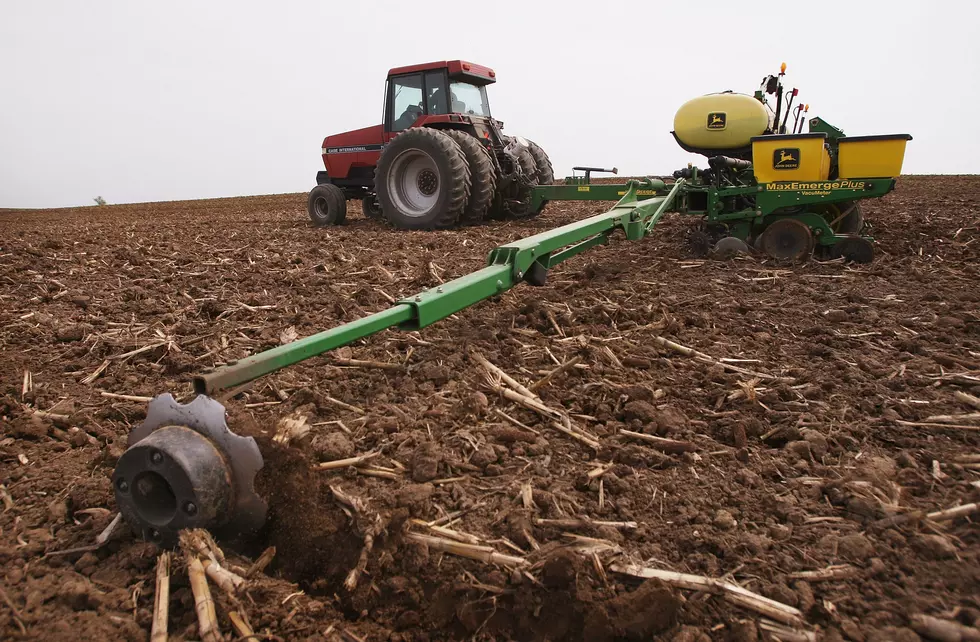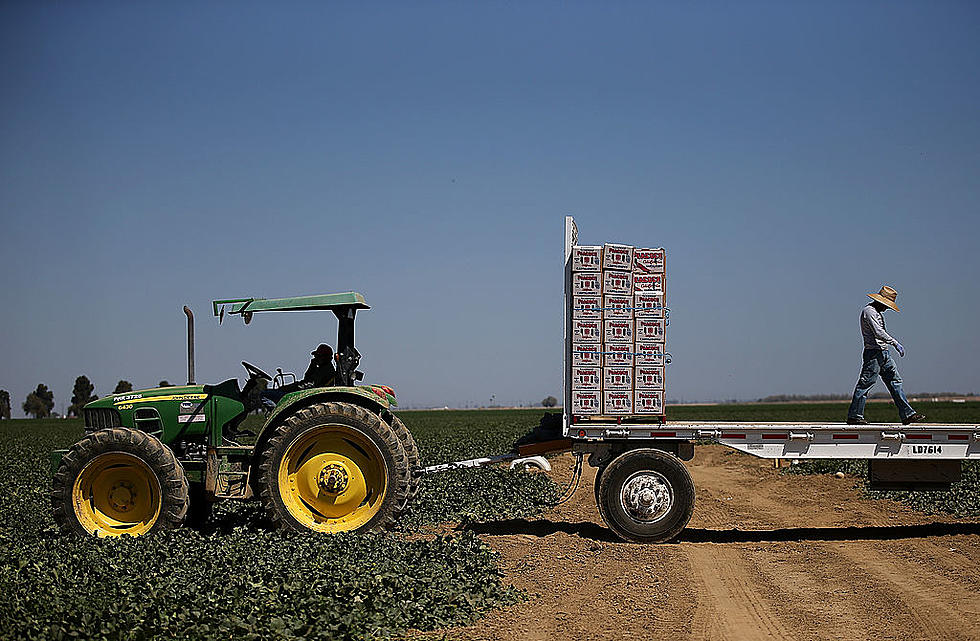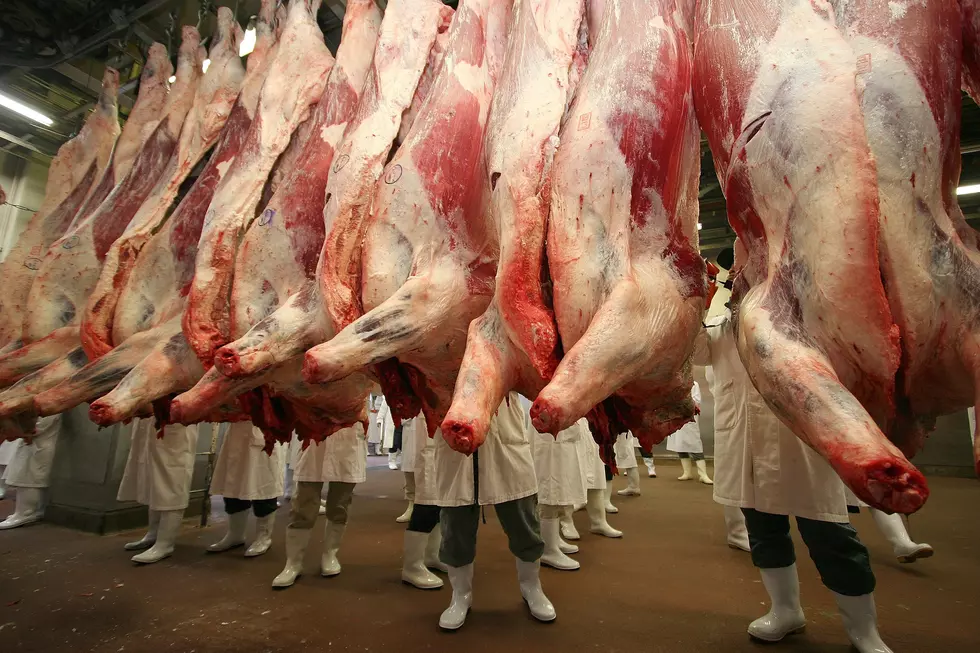
Happy National Agriculture Day
A tip of the hat to the Valley's and Nation's farmers today on this National Agriculture Day.
As President Biden wrote, "we recognize the unique and irreplaceable value that farmers, ranchers, foresters, farmworkers, and other agricultural stewards have contributed to our Nation's past and present. America's agriculture sector safeguards our Nation's lands through sustainable management; ensures the health and safety of animals, plants, and people; provides a safe and abundant food supply; and facilitates opportunities for prosperity and economic development in rural America."
In particular he lauded the stability of our food supply in the face of the Coronavirus pandemic, including feeding our National Programs such as Supplemental Nutrition Assistance Program; the Special Supplemental Nutrition Program for Women, Infants, and Children and school meals.
As the son of a farmer, I can appreciate the recognition and positive sentiments about my father and grandfather's life work, but this IS the Joe Biden administration in the age of WOKE and so Biden's National Proclamation included equity in agriculture.
"When I took office, I made a commitment alongside Vice President Kamala Harris to put racial equity at the forefront of our Administration's priorities. For generations, Black, Indigenous, and other farmers of color have contributed to sustaining this Nation. They fed their communities, gave the country new food products, and nourished communities with rich food traditions. Yet for generations they have faced the harmful effects of systemic racism. On this National Agriculture Day, I remain determined to address racial inequity and create an equitable space for all to participate in the great American enterprise of agriculture."
Tom Vilsack is the 32nd U.S. Secretary of Agriculture in the Biden Administration. It's a position he held before from 2009 to 2017 working in the Obama administration. Vilsack posted this message for National Ag Day to YouTube.
"Rich soils, diverse climates and large-scale irrigation make Washington State one of the most productive agricultural regions in the world, allowing us to produce over 300 different crops. Agricultural production, food processing, and trade represent a significant segment of the state’s economy." Agriculture accounts for $51 billion – or 13 percent - of Washington’s yearly economic activity
More From News Talk KIT









